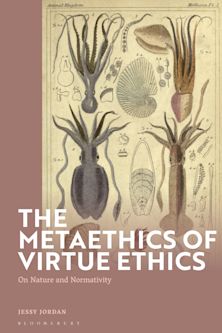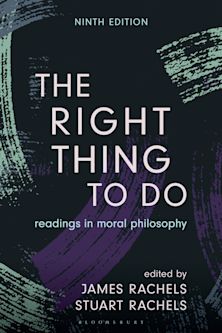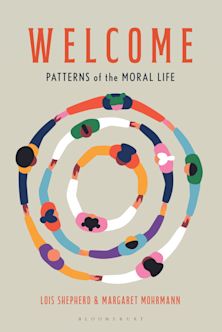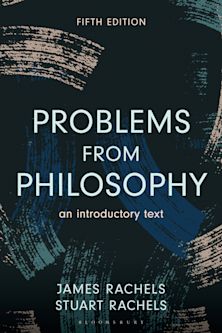On the Ethical Philosophy of Edith Stein
Outlines of Morality
On the Ethical Philosophy of Edith Stein
Outlines of Morality
Description
Although she never penned a text dedicated exclusively to ethics, Edith Stein’s work encompasses an implicit, but self-consciously developed, moral philosophy not yet sufficiently developed in the current English-language literature. However, comparison of Stein’s anthropological and metaphysical theories against the ethical philosophy of other early phenomenological thinkers, such as Max Scheler and Edmund Husserl, reveals lines of moral theory woven throughout her texts. In On the Ethical Philosophy of Edith Stein: Outlines of Morality, William E. Tullius endeavors to present a systematic account of Stein’s moral thought as it takes shape in conversation with neo-scholasticism and develops across her corpus in conversation with her philosophical anthropology, axiological theory, and metaphysics. The ethics which emerge from these sources is oriented around the moral project of the development of personality through the unfolding of one’s personal core and which entails a call to the development of an ethical community reflective of and oriented by its responsiveness to the highest values and to the communal destiny of all humanity in God
Table of Contents
Part I: Philosophical and Theological Anthropology Across Stein’s Works
Chapter 1: Ethics, Metaphysics, and Anthropology: Stein, Scheler, and the Problem of Kant
Chapter 2: Philosophical Anthropology in the Phenomenological Works I: The Basic Structure of Human Nature in On the Problem of Empathy
Chapter 3: Philosophical Anthropology in the Phenomenological Works II: Expanding the Structure in Philosophy of Psychology and the Humanities and An Investigation Concerning the State
Chapter 4: Philosophical and Theological Anthropology in Stein’s Later Philosophy
Chapter 5: Final Philosophical Characterization of Steinian Personalism—Being-in-the-Metaxy
Part II: Phenomenological and Metaphysical Axiologies in Edith Stein
Chapter 6: Formal and Material Axiology in the Phenomenological Tradition
Chapter 7: Stein’s Phenomenological and Metaphysical Axiology
Part III: Systematic Unfolding of a Steinian Ethical Theory
Chapter 8: Stein on Human and Personal Moral Vocation
Chapter 9: Phenomenological “Renewal” and Christian “Metanoia”
Conclusion: A Steinian Contribution to Moral Debate
Product details
| Published | Sep 03 2024 |
|---|---|
| Format | Ebook (Epub & Mobi) |
| Edition | 1st |
| Extent | 262 |
| ISBN | 9781666923674 |
| Imprint | Lexington Books |
| Series | Edith Stein Studies |
| Publisher | Bloomsbury Publishing |
Reviews

ONLINE RESOURCES
Bloomsbury Collections
This book is available on Bloomsbury Collections where your library has access.



































